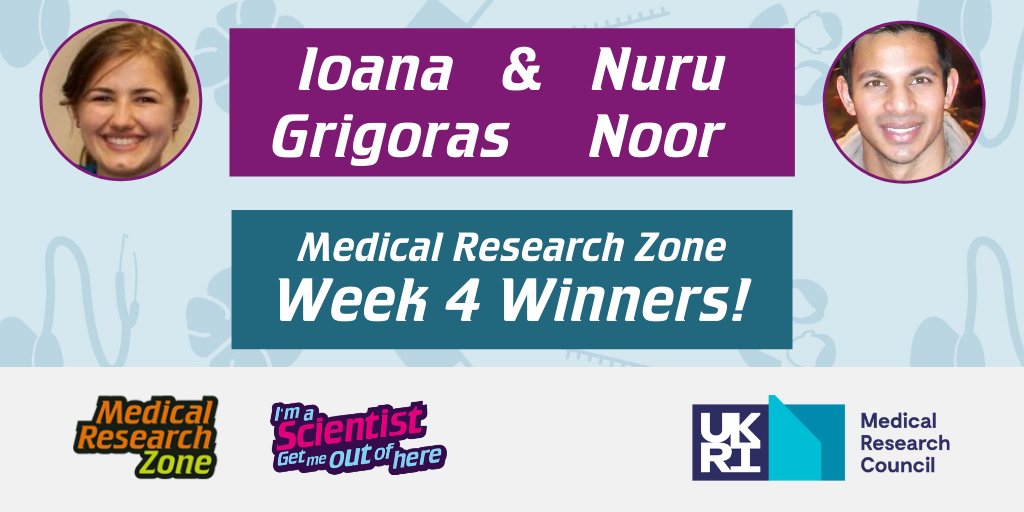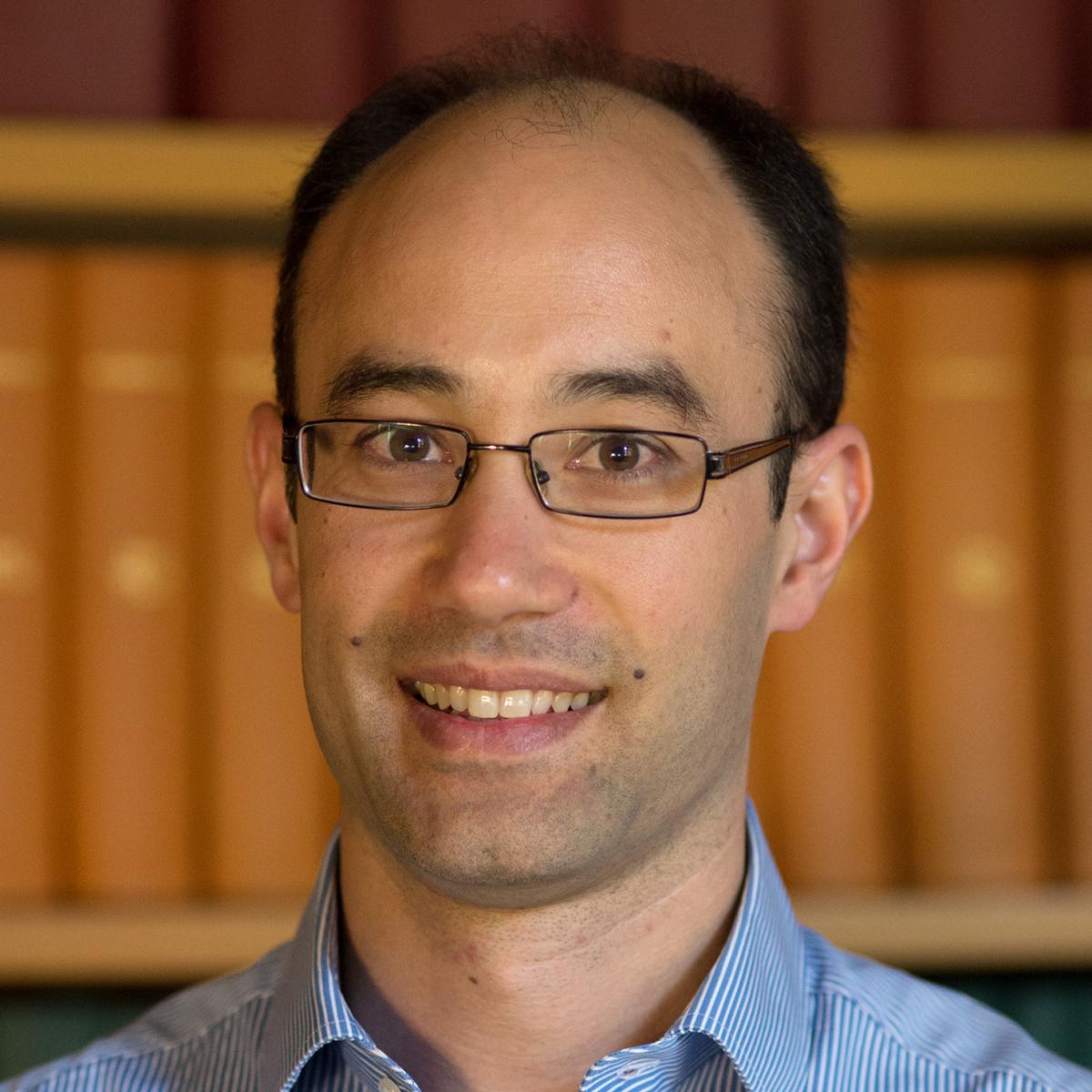
Many congratulations to Unit Group Leader David Dupret on being awarded the title of Professor of Neuroscience by the University of Oxford.
Titles of Full Professor are conferred annually in recognition of an individual’s significant influence on their field of study, as well as their track records in teaching and academic citizenship.
Unit Director Professor Peter Brown commented “I am thrilled that David’s remarkable research defining the neural basis of memory-guided behaviour has been recognised by the University in this way. The conferment of the title Professor of Neuroscience reflects both the considerable strength of David’s research and his commitment to teaching. Together with the rest of my colleagues at the Unit, I congratulate David on this major achievement!”
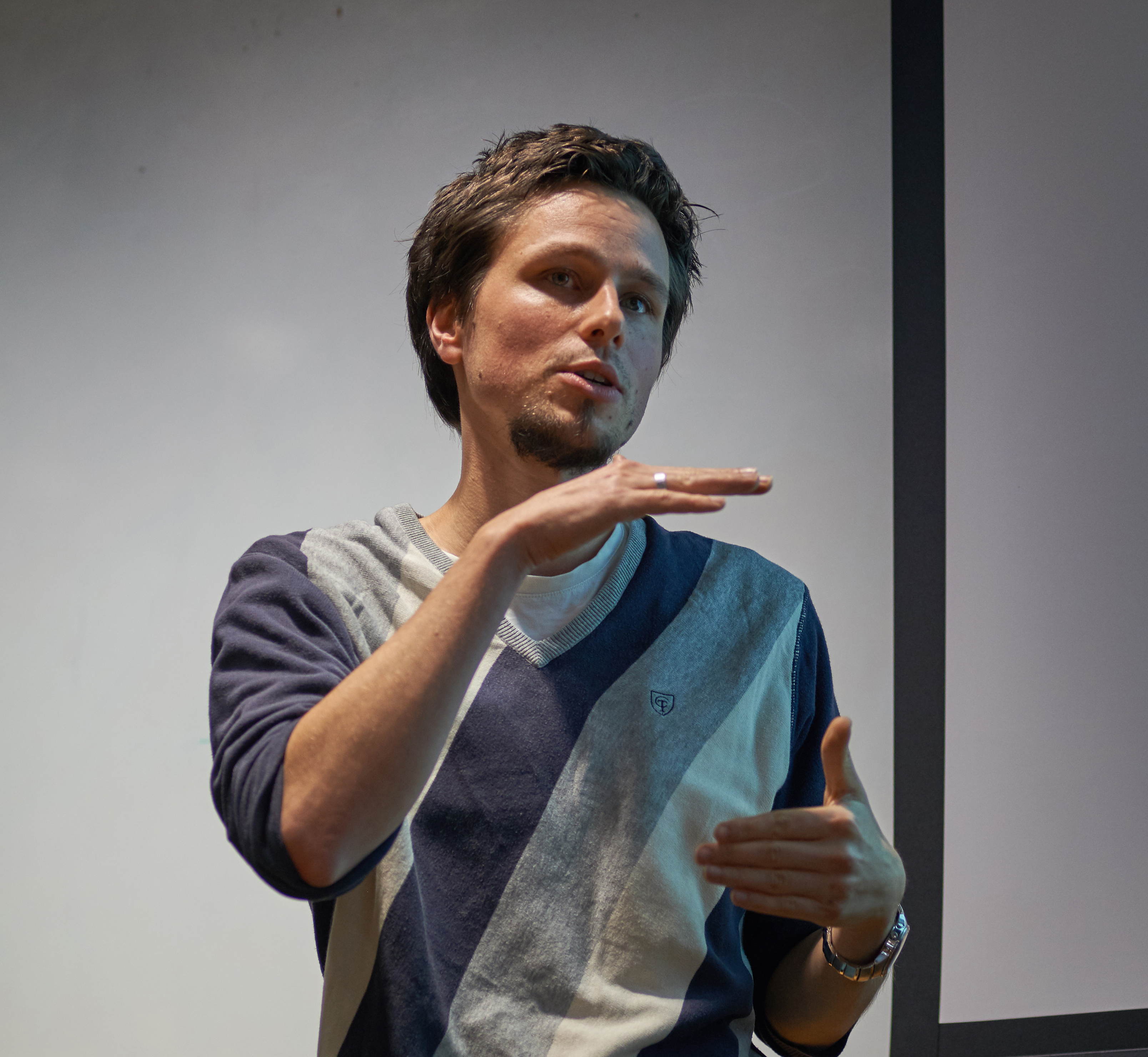
We are delighted to welcome Dr Damian Herz back to the Unit as a DFF Postdoctoral Fellow in the Group led by Professor Peter Brown and Associate Professor Huiling Tan.
Damian previously worked at the Unit as a Marie Sklodowska-Curie Fellow in the Brown Group. Damian is particularly interested in adaptive Deep Brain Stimulation and decision making. His new research project, which is supported by the Independent Research Fund Denmark, will investigate both in people with Parkinson’s. The project will also involve collaboration with Professor Rafal Bogacz at the Unit, as well as with the Biomedical Statistics and Multimodal Signal Processing Unit at Mainz University Hospital, Germany.
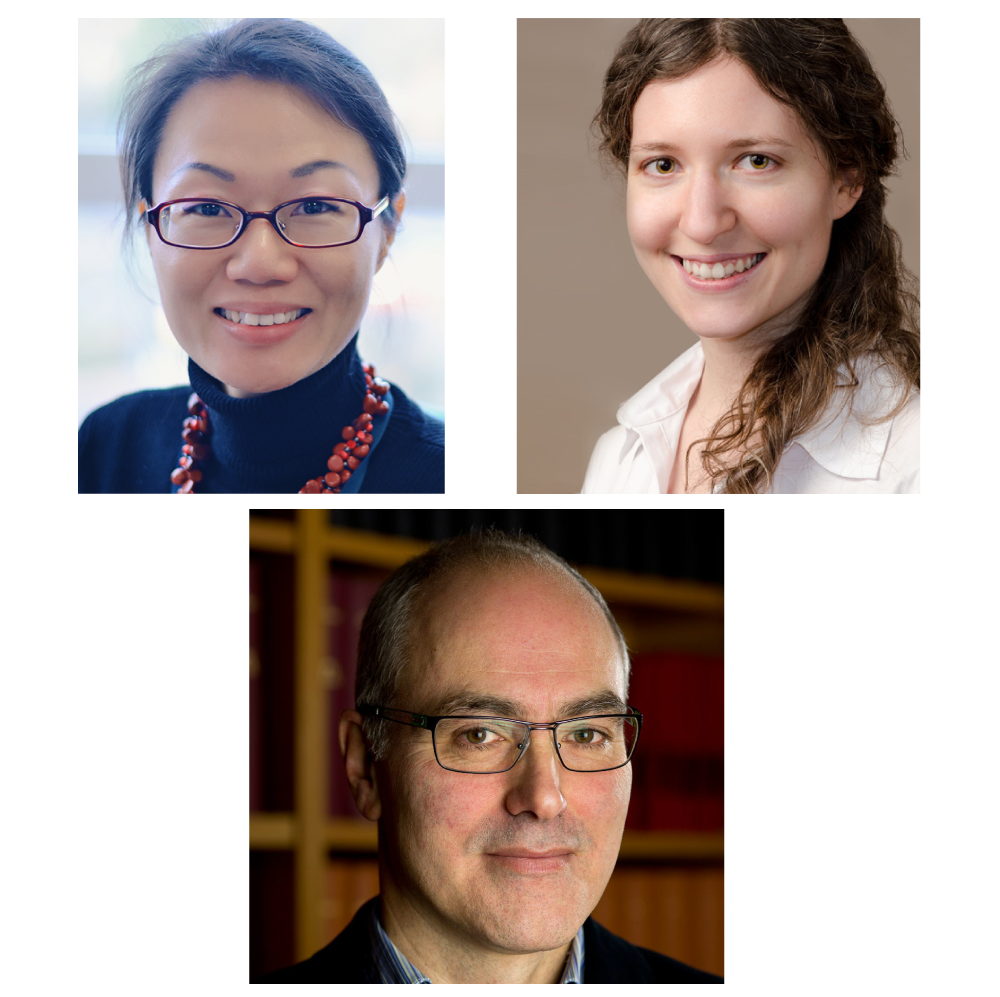
A team of Unit researchers, led by Huiling Tan and with co-investigators Peter Brown and Petra Fischer, has been awarded a prestigious Network of Centres of Excellence in Neurodegeneration (CoEN) grant, in collaboration with scientists at the Institut du Cerveau et de la Moelle épinière (Brain & Spine Institute) in Paris, France.
The overall aim of the CoEN initiative is to build collaborative research activity in neurodegeneration research across borders, focusing on the critical mass and excellence.
The research project to be funded by the CoEN grant is focused on advancing adaptive Deep Brain Stimulation for the treatment of gait disturbances and freezing of gait (FoG) in people with Parkinson’s disease. By combining the expertise of the two groups, the international team aims to increase understanding of the neural basis of FoG in Parkinson’s, with a view to better predicting the occurrence of FoG episodes as well as to evaluating the efficacy of a novel biomimetic pattern of brain stimulation as a way to counteract FoG.
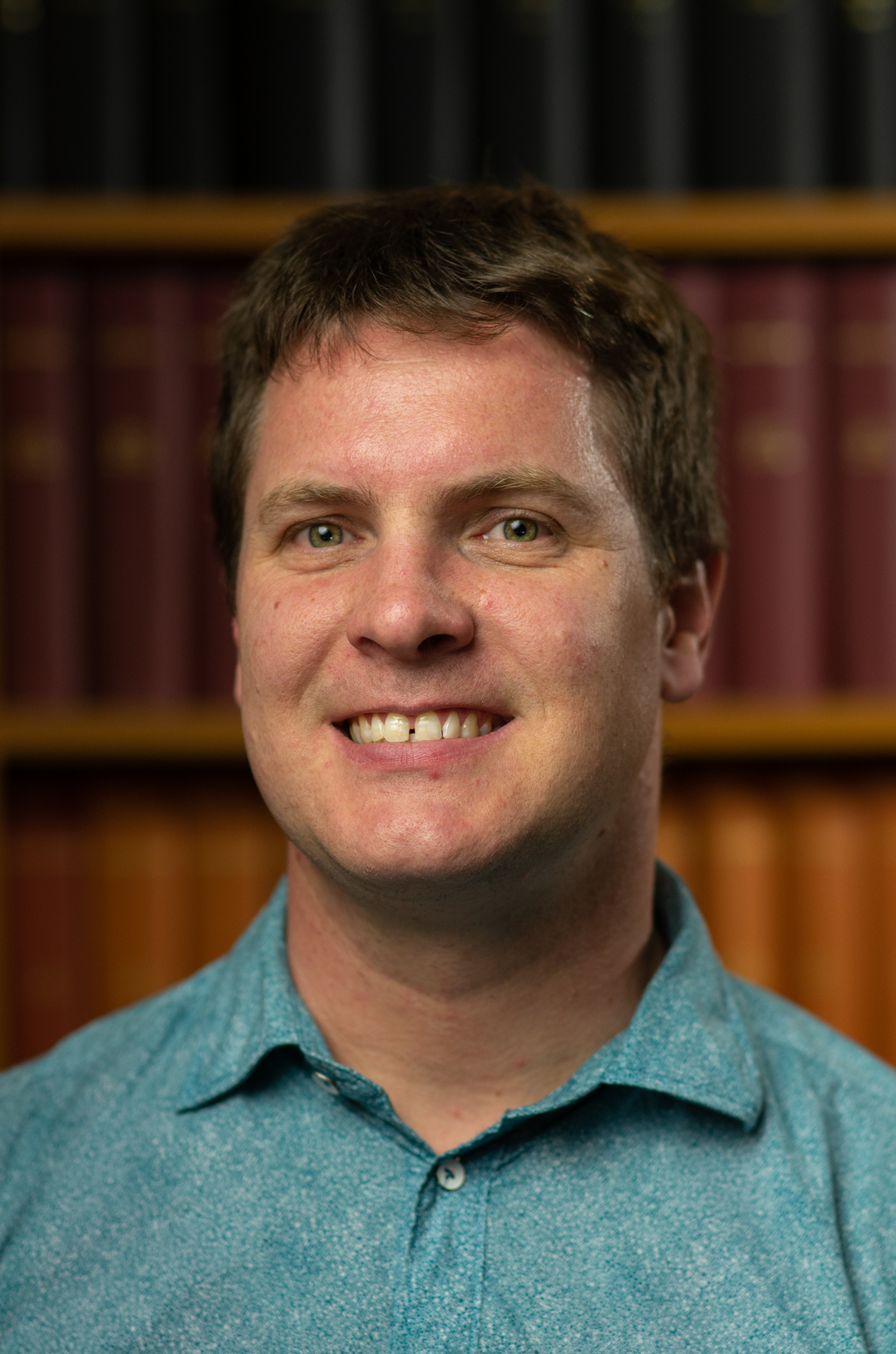
Congratulations to Unit postdoctoral researcher Dr David Bergin on winning the Director’s Award for Public Engagement for 2020.
The Award recognises and celebrates the exemplary contributions of an individual or small collective to the Unit’s extensive Outreach programme. The Award is given annually (this being the fifth occasion), on the basis of nominations made by Unit members.
David’s Award was announced by Unit Director Professor Peter Brown at a special ceremony held last week. Professor Brown commented “It gives us all great pleasure to recognise and reward David in this way. David has demonstrated prodigious energy and enthusiasm in progressing the Unit’s work on patient and public engagement/involvement. He has provided a brilliant example for others to follow.”
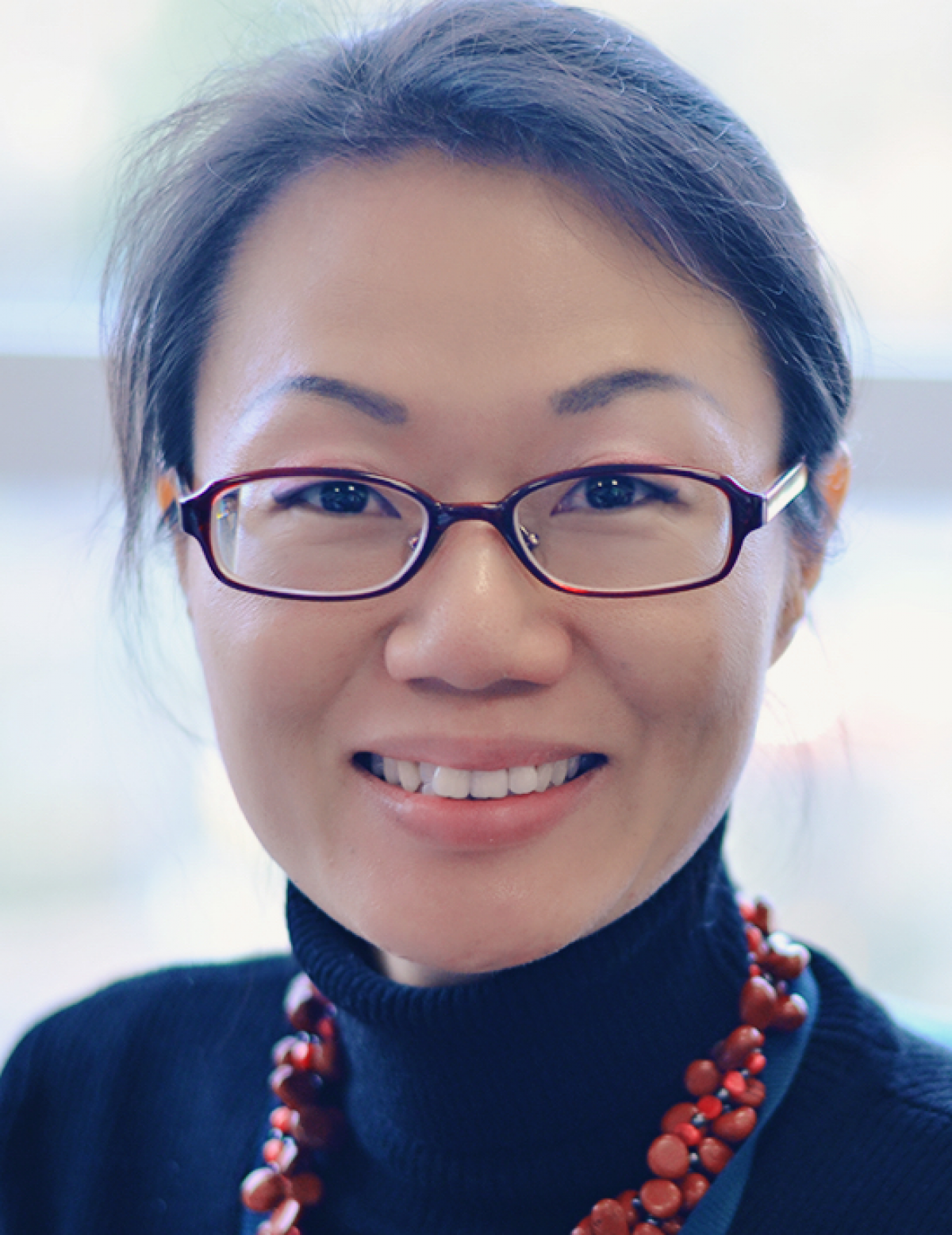
Congratulations to Unit researcher Dr Huiling Tan on being awarded the title of Associate Professor by the University of Oxford.
Associate Professor titles are conferred annually in recognition of an individual’s distinction in their field as well as their wider contributions to research, teaching and administration.
Unit Director Professor Peter Brown commented “This award is richly deserved. Huiling has established a sophisticated and innovative programme of translational research, which is now flourishing.”
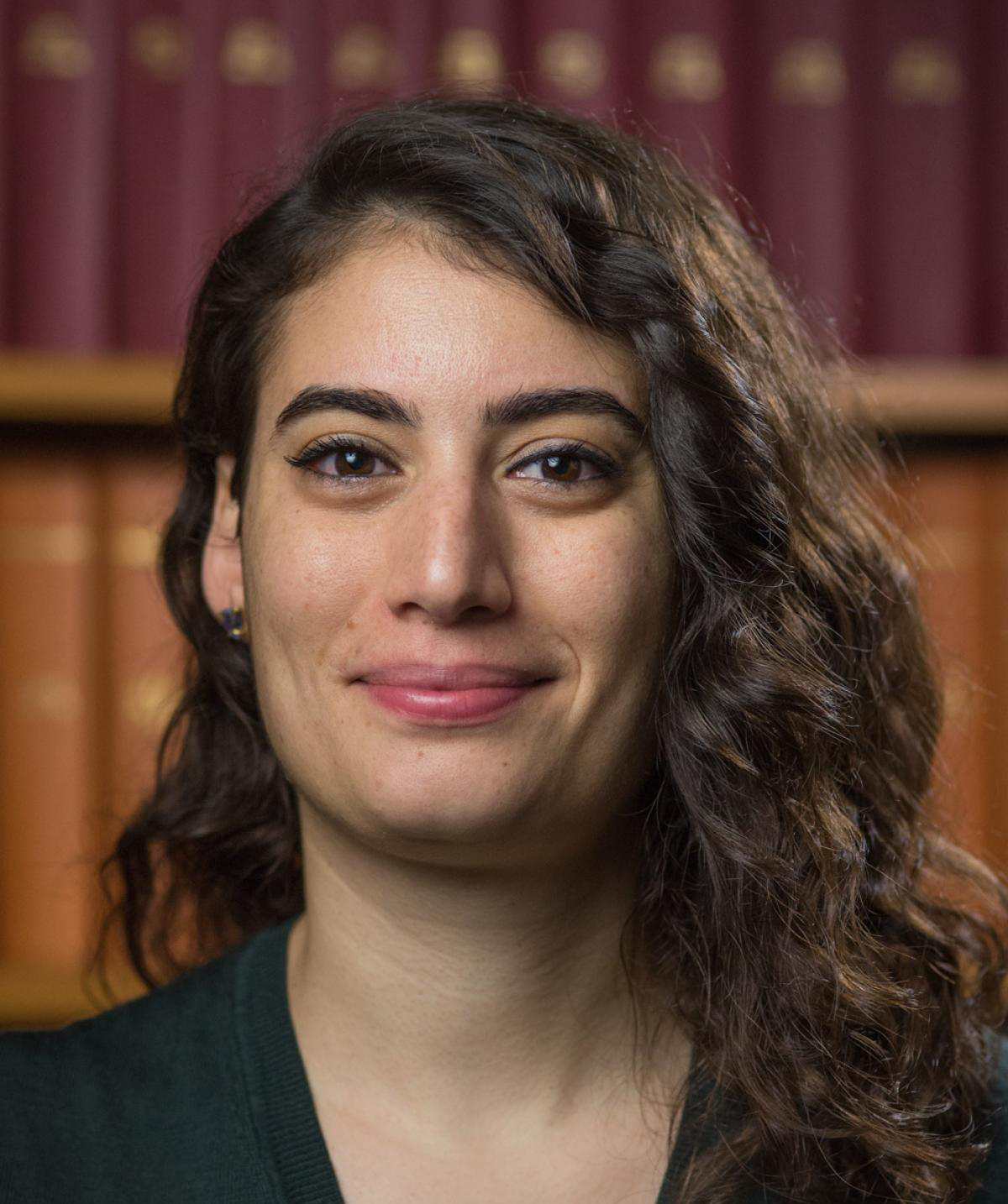
Congratulations to Unit researcher Dr Hayriye Cagnan on being awarded the title of Associate Professor by the University of Oxford.
Associate Professor titles are conferred annually in recognition of an individual’s distinction in their field as well as their wider contributions to research, teaching and administration.
Unit Director Professor Peter Brown commented “This award is a fitting testament to Hayriye’s strong research performance and other achievements. Hayriye has established a portfolio of important work leveraging modelling and dynamical systems theory, and is sure to continue to be highly successful in her career.”
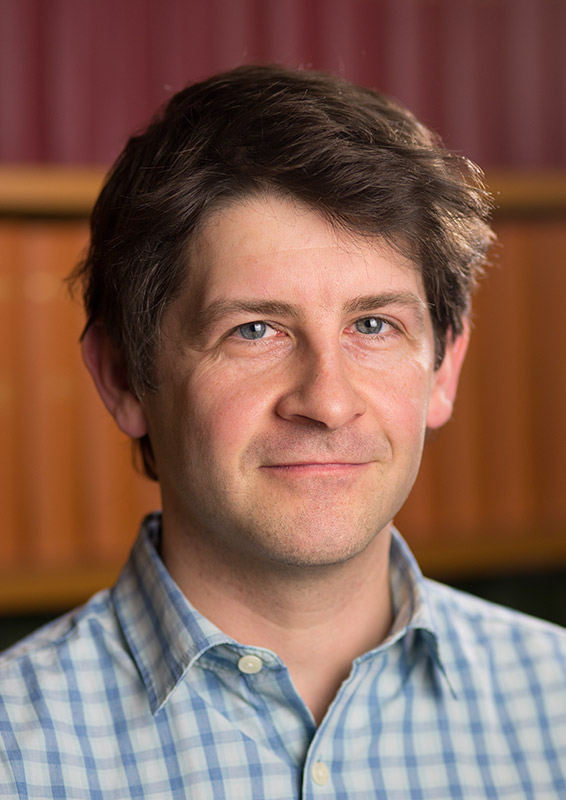
Congratulations to Unit scientist Dr Stephen McHugh on being awarded the title of University Research Lecturer by the University of Oxford.
University Research Lecturer titles are conferred annually in recognition of an individual’s distinction in their field as well as their contributions to research, teaching and administration.
Unit Director Professor Peter Brown commented “This award is great news, and marks Stephen’s continued progression to an independent researcher. Stephen is both dedicated and talented in his academic work, and this award is thoroughly deserved.”
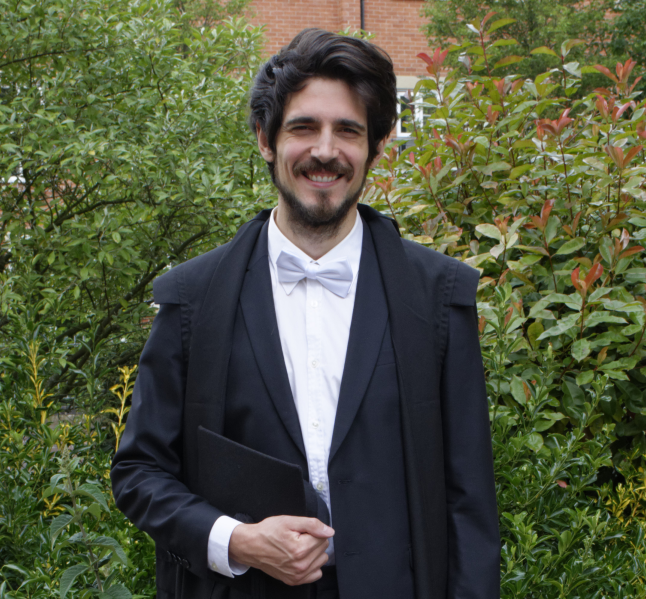
Our congratulations go to Unit D.Phil. student Benoit Duchet for successfully defending his doctoral thesis, entitled “Mathematical models of pathological oscillatory activity and effects of deep brain stimulation in movement disorders”, in his viva voce examination held on 15th June 2020.
Benoit’s viva examiners were Professor Roman Borisyuk (University of Exeter) and Professor Alain Goriely (Department of Mathematics, University of Oxford). The viva took place remotely via digital conferencing.
Benoit was co-supervised by Professor Rafal Bogacz and Dr Christian Bick.
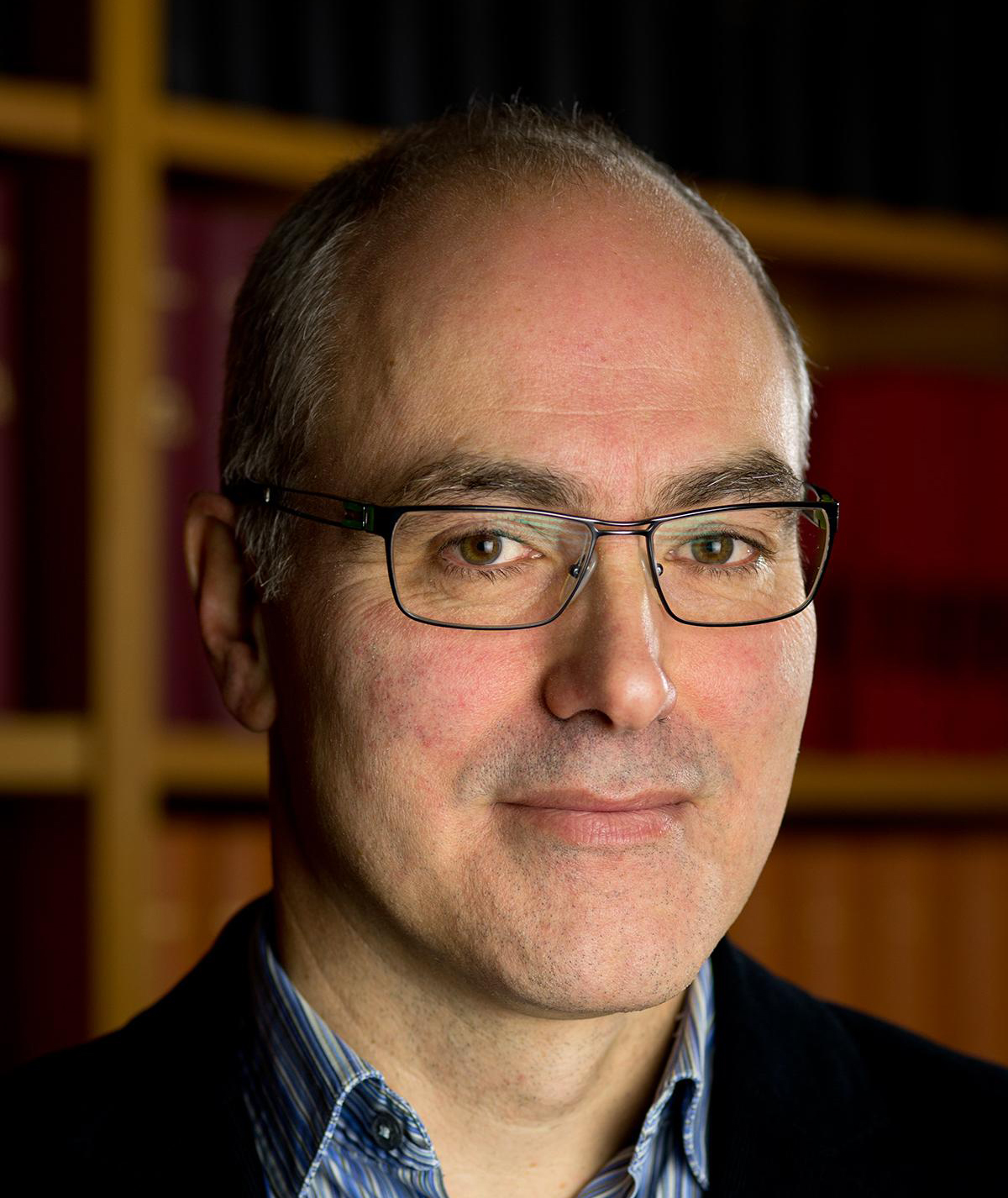
Many congratulations to Unit Director Professor Peter Brown on the announcement today of his election to the Fellowship of The Academy of Medical Sciences.
The Academy of Medical Sciences is an independent body in the UK, with a mission to advance biomedical and health research and its translation into benefits for society. Promoting excellence is one the Academy’s key objectives. Fellowship of the Academy is based on exceptional contributions to the medical sciences. A small number of new Fellows are elected each year.
Peter commented “I am delighted to be elected, and I thank current and past members of my team and the wider MRC Unit for their terrific support and hard work.”
Unit Deputy Director Pete Magill commented: “We are all thrilled for Peter. This honour is richly deserved and long overdue! Peter is a true pioneer in the field of biomedical research, not only because he has generated new and important scientific knowledge but also because he is leveraging it to tangibly advance human health and welfare.”
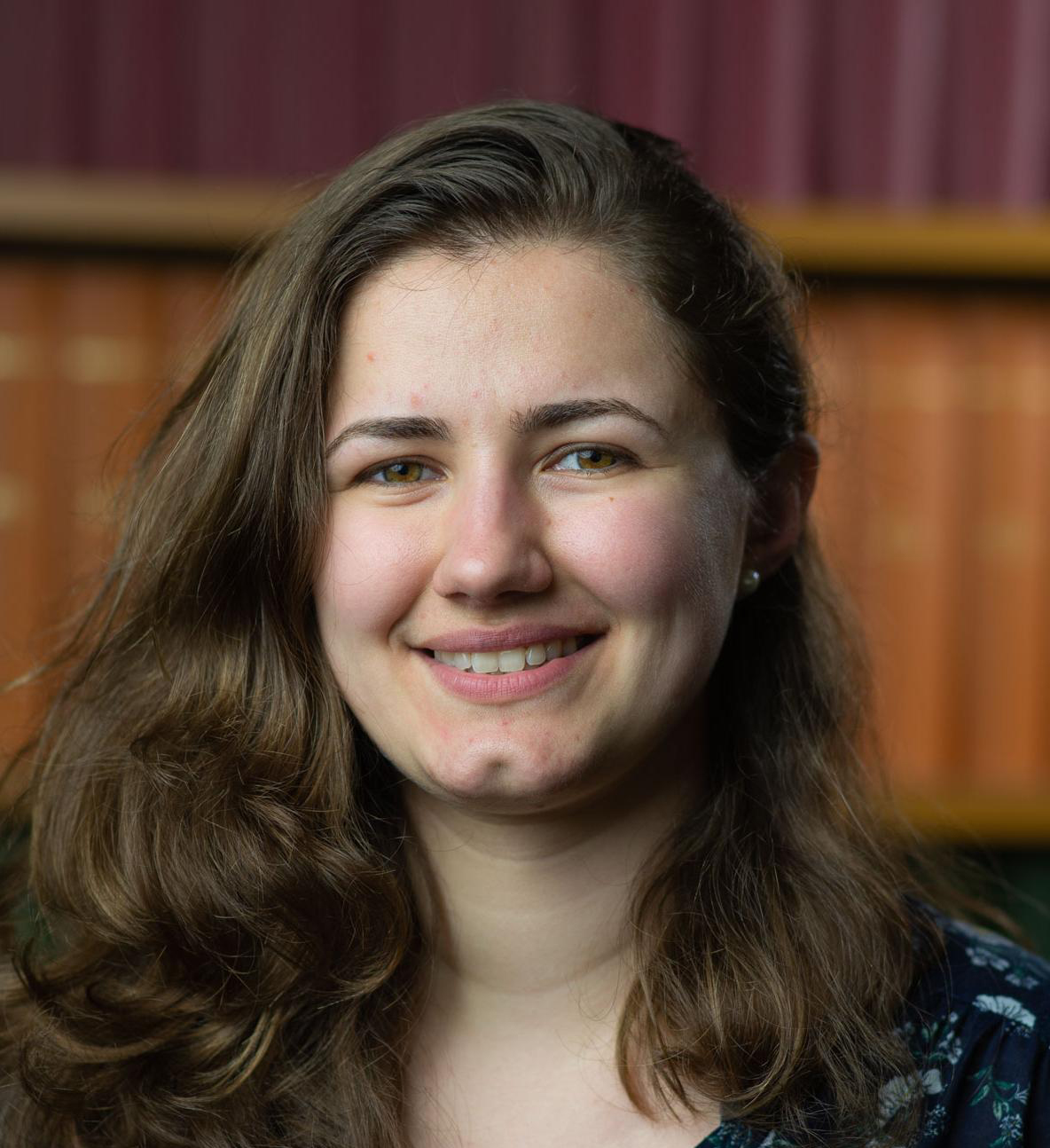
Congratulations to Unit student Ioana Grigoras on being voted a Weekly Winner in the Medical Research Zone of the online public engagement platform I'm A Scientist, Get me out of here!
The Medical Research Zone is a free online activity, funded by the Medical Research Council, where school pupils can connect with biomedical researchers and technical staff over text-based live chats. Ioana represented 'Brains and Neuroscience' in the Medical Research Zone, during four weeks in March. There were 30 researchers selected to take part in this activity, with 3-6 of them being online for each chat. The chats lasted for 30 minutes and took place several times a day during school hours. During this time, pupils could ask the researchers anything they wanted. Pupils then voted for their favourite researchers, and the researcher with the most votes at the end of each week was the Weekly Winner.
Ioana found it very rewarding to chat with the school pupils and answer their questions: "The Medical Research Zone was such a stimulating experience! I was very happy to see how excited students were to talk to us researchers and how many questions they had. They asked about our inspiration to become scientists, and what the best and worst parts of the job were. They also asked questions about what we were working on, and how our research would affect therapies for patients. They seemed to think it was pretty cool that I am using a huge doughnut-shaped machine to take pictures of people's brains! Most of the questions were somehow related to the research field we worked on, but, every now and then, there were some that had nothing to do with it. Besides explaining brain imaging, I also had to explain what a black hole is, how genetic and environmental factors contribute to the development of eating disorders, or how we use the energy we get from the sun. I really liked to see what topics the students were most interested in, and I learnt so much myself in the process."
You can read Ioana’s Medical Research Zone profile. Ioana is the second Unit researcher to participate in I’m A Scientist; Natalie Doig was an early adopter for both the MRC and Oxford University.
